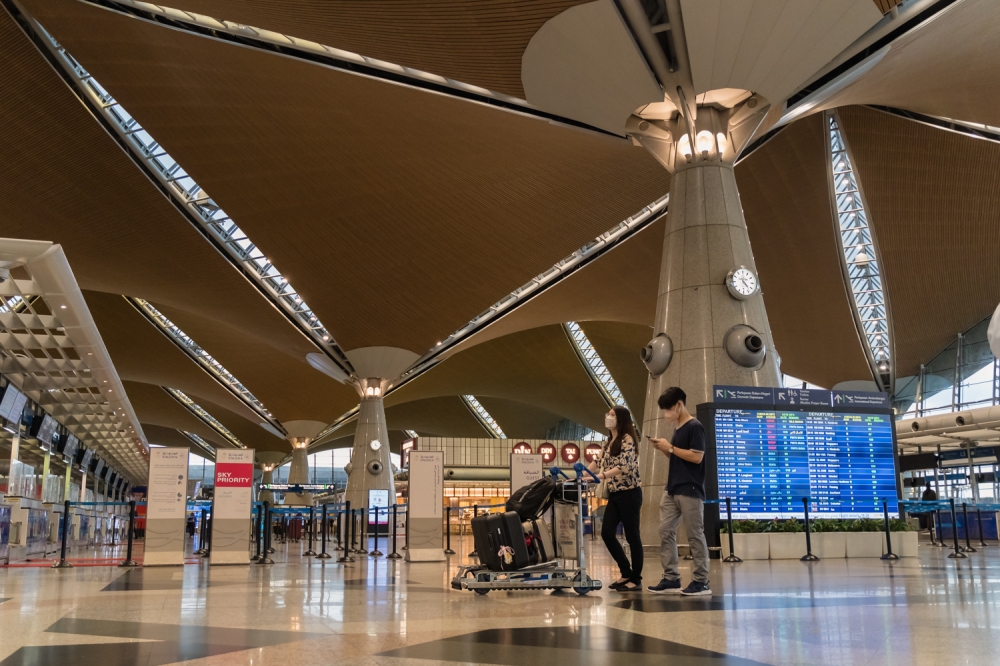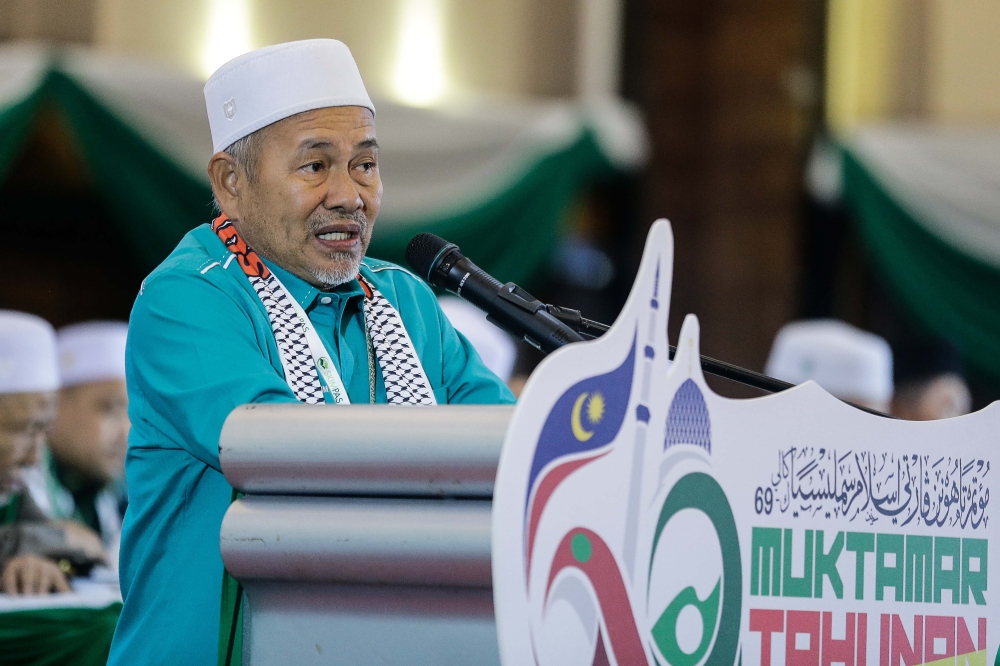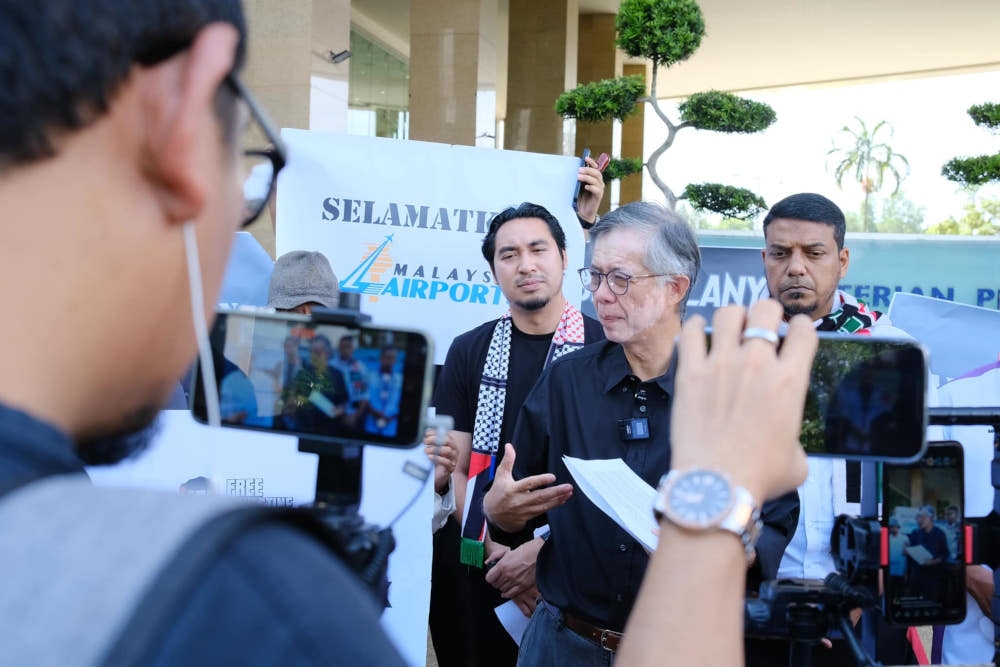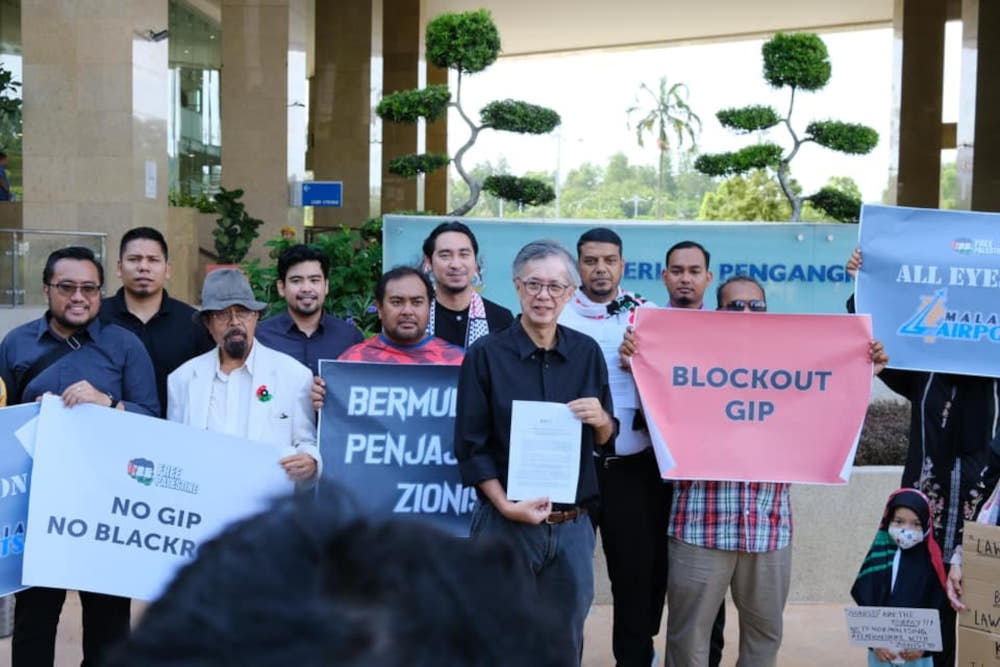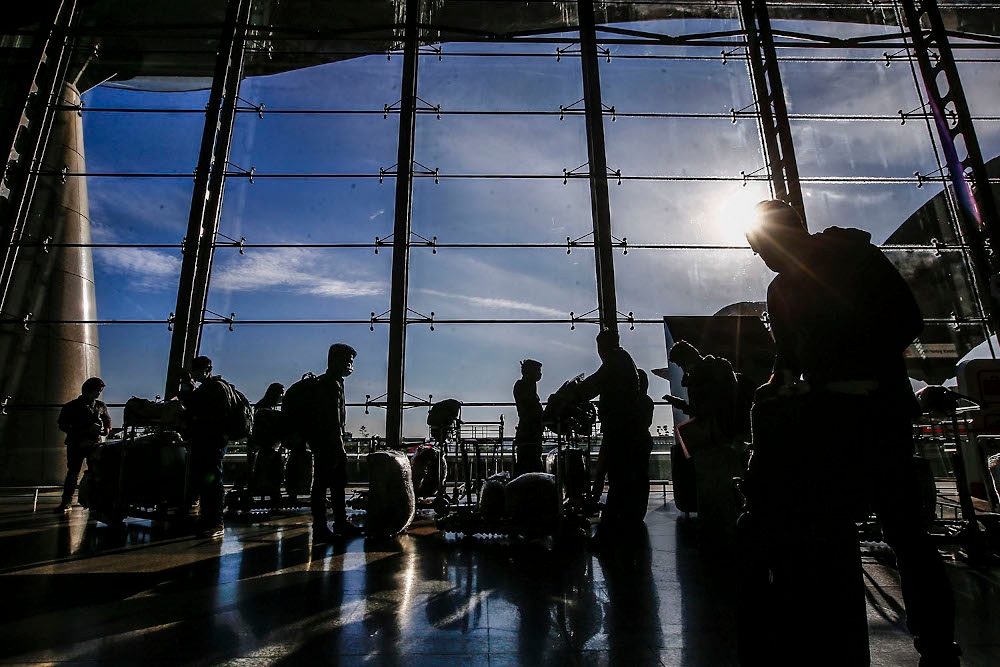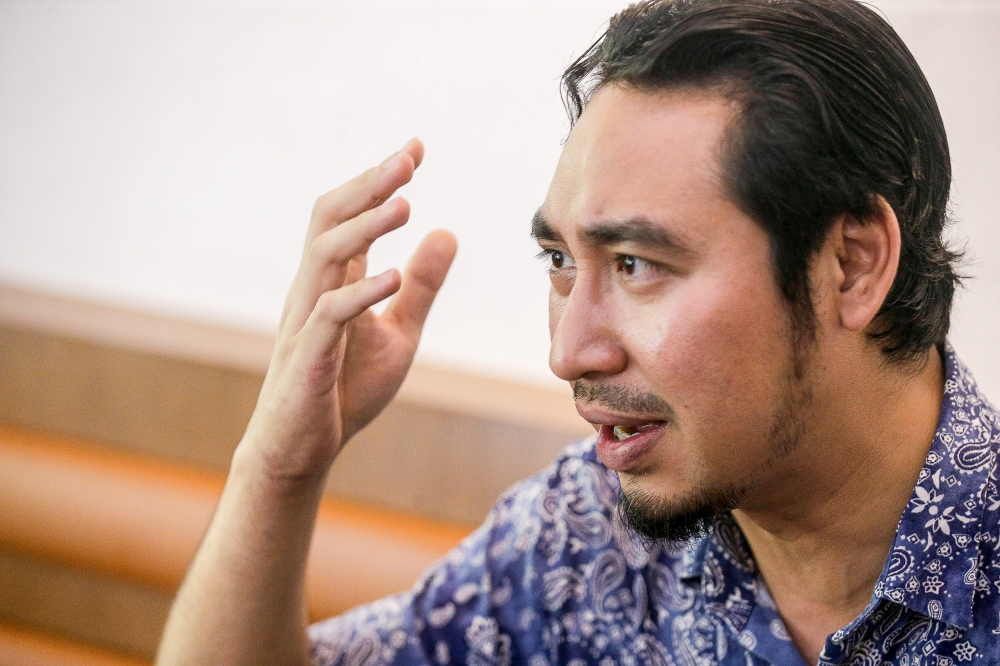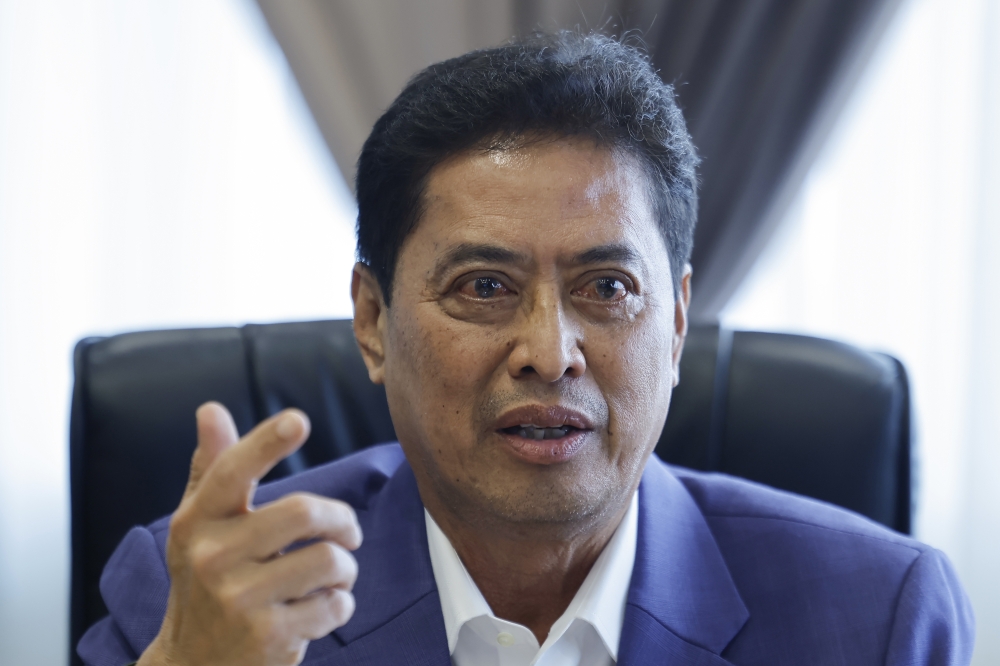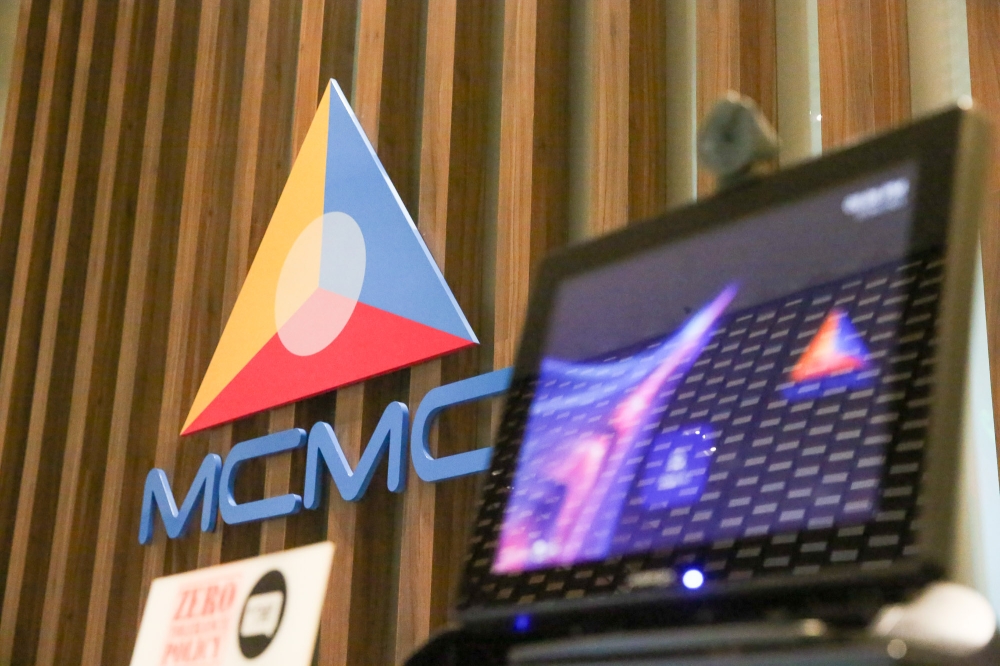KUALA LUMPUR, May 24 — Malaysia Airports Holdings Bhd confirmed last week a takeover offer from a consortium led by its major shareholders Khazanah Nasional Bhd and the Employees Provident Fund (EPF), a deal reportedly valued at over RM12 billion.
Rumours about the privatisation had floated for months before the country’s biggest airport operator made the offer public through a filing with Bursa Malaysia on Wednesday. The confirmation was both welcomed and criticised.
Some economists suggested privatisation could bolster Malaysian airports’ competitiveness after lagging behind their regional competitors for so long. Opposition lawmakers, however, were more critical although not necessarily about the privatisation proposal itself.
Yesterday, Perikatan Nasional’s (PN) MP Wan Ahmad Fayhsal Wan Ahmad Kamal even joined a protest in front of the Ministry of Transport over the move, organised by activist group Palestine Solidarity Secretariat (SSP).
Malay Mail explains why the news about MAHB’s takeover has fuelled keen and critical interest.
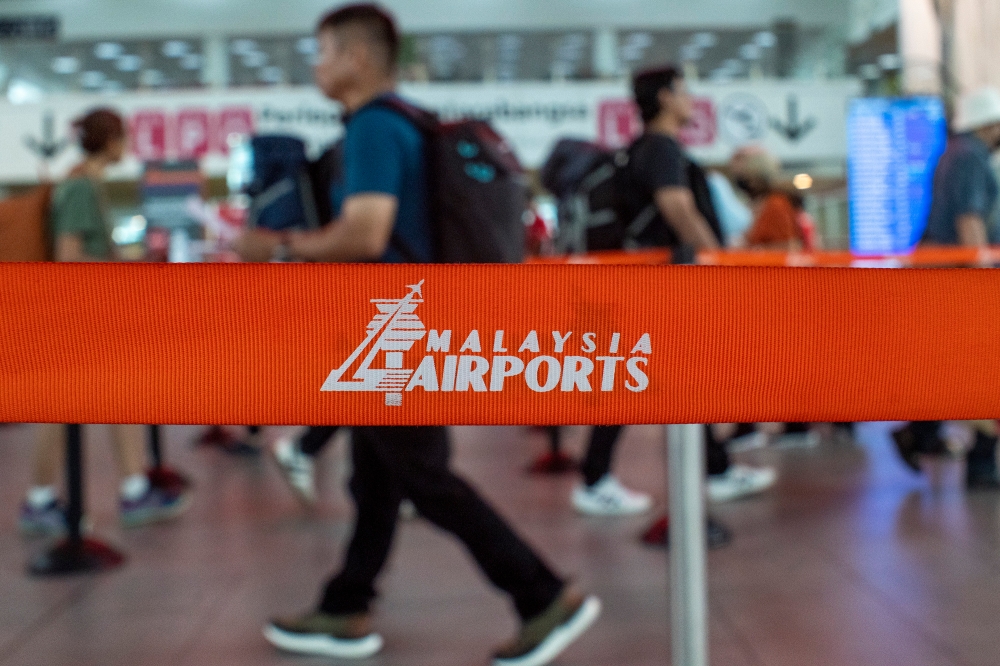
Who plans to take over MAHB?
MAHB is currently a listed company with government-linked investment firms Khazanah and EPF among its biggest shareholders.
The two institutional investors own a 33.2 per cent stake and a 7.9 per cent stake in the company respectively but have expressed interest in raising their stakes in a proposal that entails a takeover through a consortium that includes two other funds: Global Infrastructure Partners (GIP) and the Abu Dhabi Investment Authority (Adia).
New York-headquartered GIP is a leading infrastructure investor that specialises in investing in owning and operating some of the largest and most complex assets across the energy, transport, digital infrastructure as well as the water and waste management sectors.
If the deal goes through, the consortium — dubbed as the Gateway Development Alliance Sdn Bhd (GDA) — will own up to 67.1 per cent of MAHB’s shares, with Khazanah and EPF holding a 40 per cent and 30 per cent stake in the consortium respectively.
The remaining 30 per cent will be held by GIP and Adia through a joint venture (JV) company called GIP Aurea Pte Ltd, a joint venture.
Financial newspaper The Edge reported that GIP will effectively hold a 25 per cent stake in MAHB should the takeover take place, since it owns up to 80 per cent of the JV. Adia will only have a 5 per cent effective stake, it wrote.
Putra Business School’s Master of Business Administration programme director, Ahmed Razman Abdul Latiff, reportedly suggested that the move reflects a growing confidence, especially by foreign investors in local companies’ financial and growth potential.
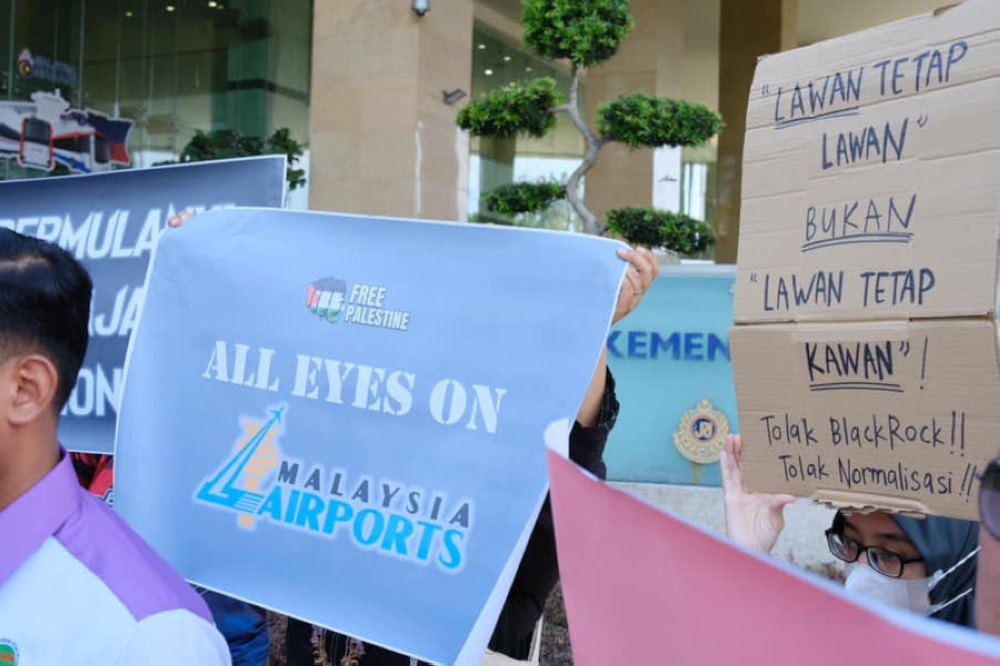
Why privatise MAHB?
In the Bursa Malaysia filing of the takeover offer, the consortium said it wants to upgrade and modernise the company’s operations, enhance passenger service, improve airline connectivity and stimulate traffic growth.
“All of these will help unlock the potential of Malaysia’s airport network, and drive the continued development of the Istanbul Sabiha Gökçen [International Airport] in Türkiye,” it said, adding that privatisation is the best way to achieve it.
Services at the country's major airports, including the Kuala Lumpur International Airport, have come under some criticism, and users have long demanded improvement.
Connectivity is also an issue. Compared to Singapore’s Changi and Thailand’s Suvarnabhumi, which scored 102.1 and 89.1 for connectivity, KLIA only has a connectivity rate of 59.9, according to Mavcom’s 2023 review.
An economist from Universiti Kuala Lumpur’s Malaysian Institute of Aviation Technology — Mohd Harridon Mohamed Suffian — was quoted saying the privatisation would significantly ease the pressure on the government’s financial coffers, as the airport operator would not be fully dependent on the government to finance its operational activities and capital expenditures.

What makes the deal controversial?
Politically, the possible involvement of the New York-based GIP in the takeover has drawn accusations, by Opposition lawmakers and civil society groups, that the government is indirectly supporting Israel.
GIP is owned by BlackRock, reported as the world’s biggest asset manager with huge investments directly in Israel.
Among companies the fund invests in are Lockheed Martin, RTX, Northrop Grumman, Boeing, and General Dynamics — firms that are said to manufacture weapons and vehicles that are used in Israel’s brutal military campaign against Palestinians.
From a business angle, the privatisation bid has sparked concerns about the potential lack of oversight.
Emmanuel Samarathisa, a business journalist, said privatising MAHB could keep the public in the dark about shady decisions taken to manage one of the country’s most strategic assets. This may include a change in ownership, divestment or possibly “carved-outs” whereby a “private entity” could be given a lucrative contract to manage one of the MAHB-owned airports.
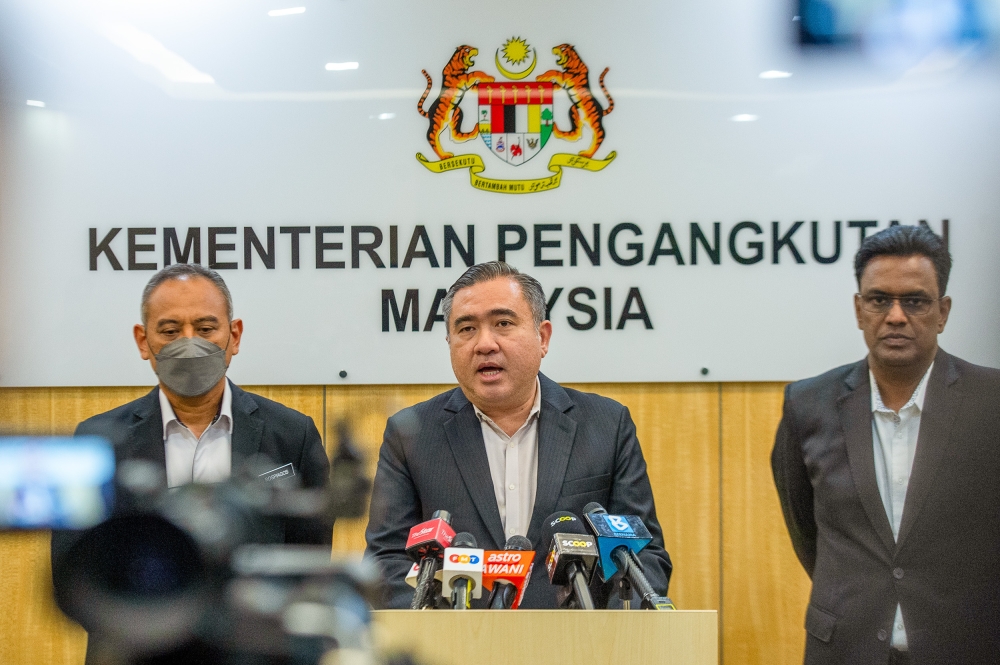
What is the official response so far?
Prime Minister Datuk Seri Anwar Ibrahim issued a stern response to claims that a pro-Zionist fund would own a stake in MAHB if the privatisation bid goes through, calling it a “baseless” allegation aimed at inciting anger towards his government. It’s unclear if Anwar’s denial referred to GIP’s involvement in the consortium or the claim that GIP is a “pro-Zionist” fund.
“...there is nothing positive from them, only inciting hatred and envy. All of our statements that have been recognised by the world, including the meeting with Hamas leader Ismail Haniyeh, do not bring anything positive to them, what is sought is slander and incitement," he was reported saying in Kazakhstan during an official visit last week.
Transport Minister Anthony Loke, who was accused of misleading Parliament because he said GIP’s involvement in the privatisation bid is merely an “assumption”, said MAHB’s takeover could fast-track “strategic decisions” that could boost MAHB’s performance, a view supported by several free-market thinking economists.
Loke said he merely responded to the information presented by Machang MP Wan Ahmad Fayhsal that MAHB was to be sold to Global Infrastructures Partners, a logistics investment fund owned by one of the world’s biggest asset managers, Blackrock, which he said was inaccurate.
Wan Ahmad Fayhsal has since filed a motion to refer Loke to Parliament’s Rights and Privileges Committee after claiming the latter had misled the Dewan Rakyat. The notice of motion was submitted this week to Dewan Rakyat secretary Nizam Mydin Bacha Mydin.
In response to SSP’s protest, Loke said the group should instead direct its grievance to Khazanah and EPF over the matter since the ministry is a regulator and has no control over MAHB’s choice to cooperate with any joint venture.
